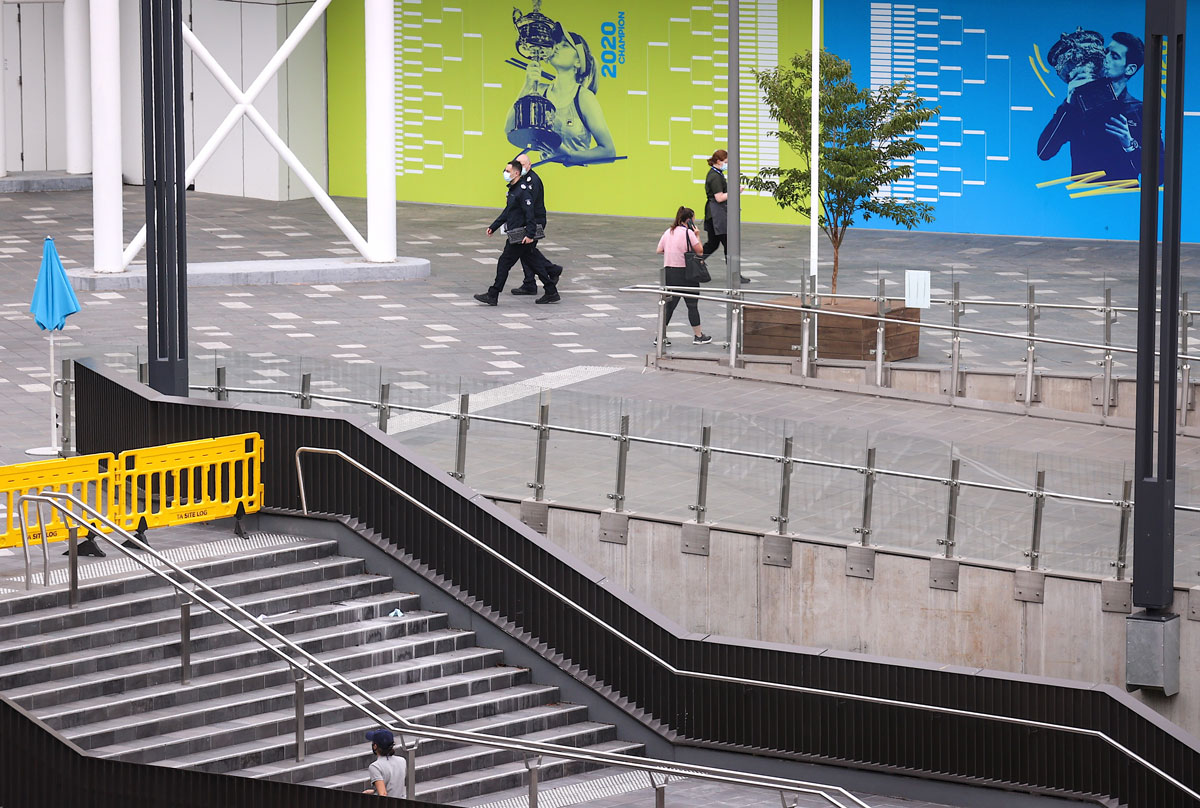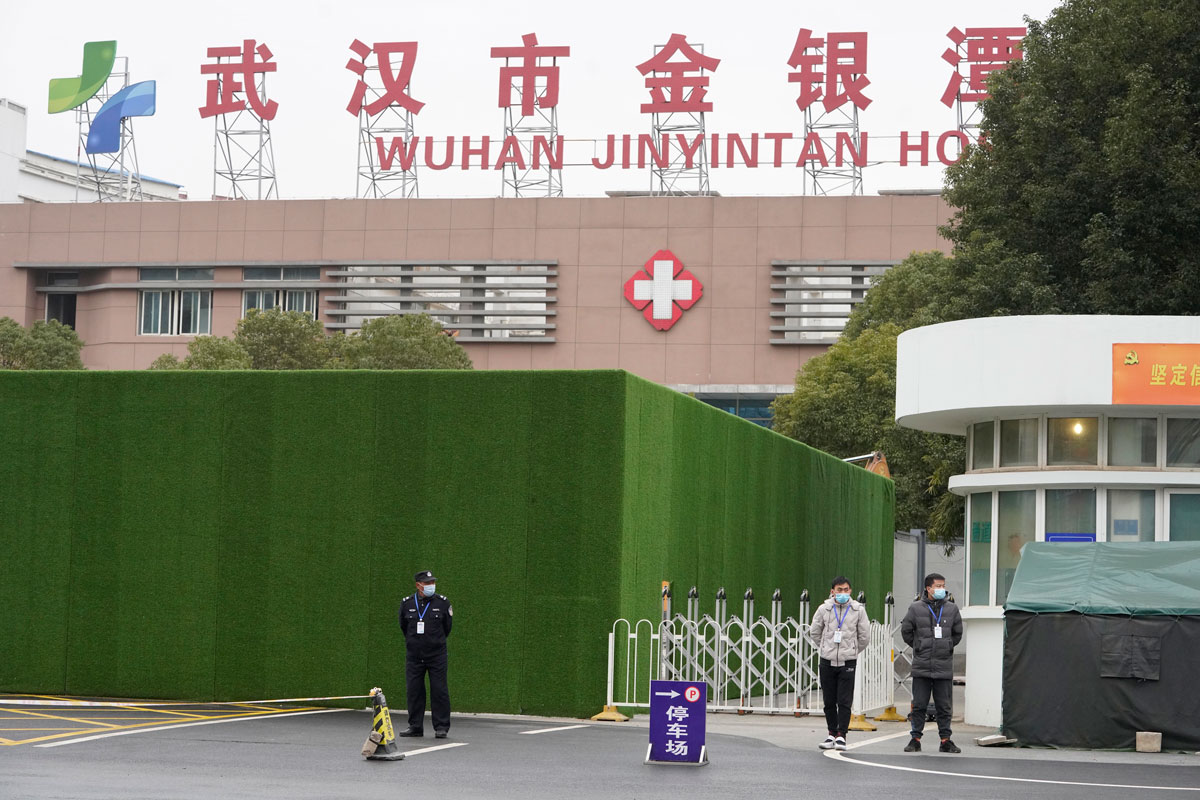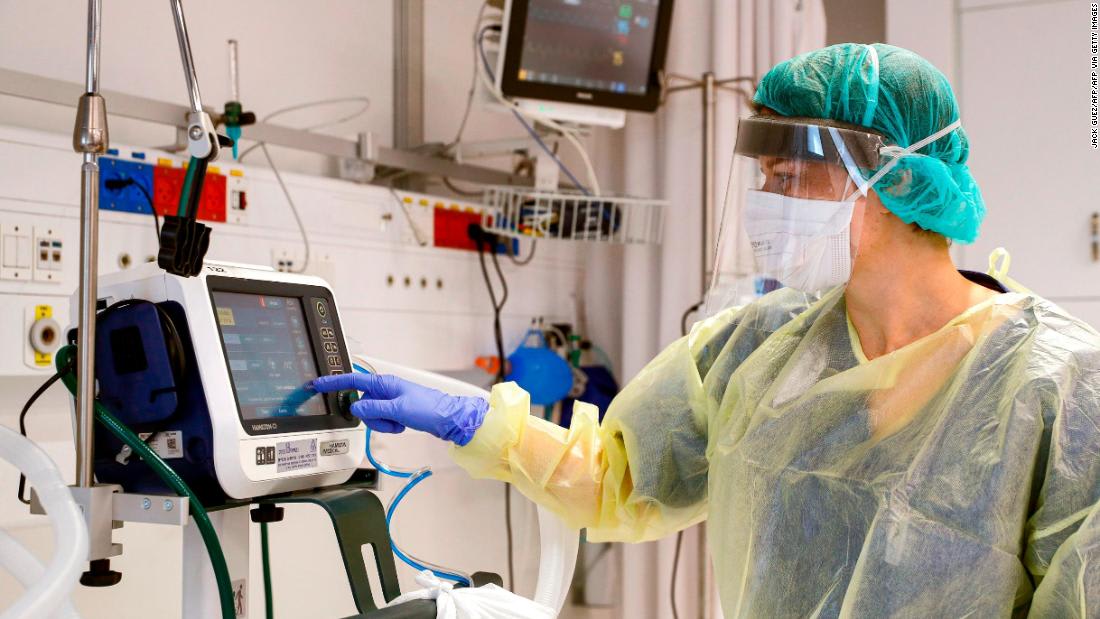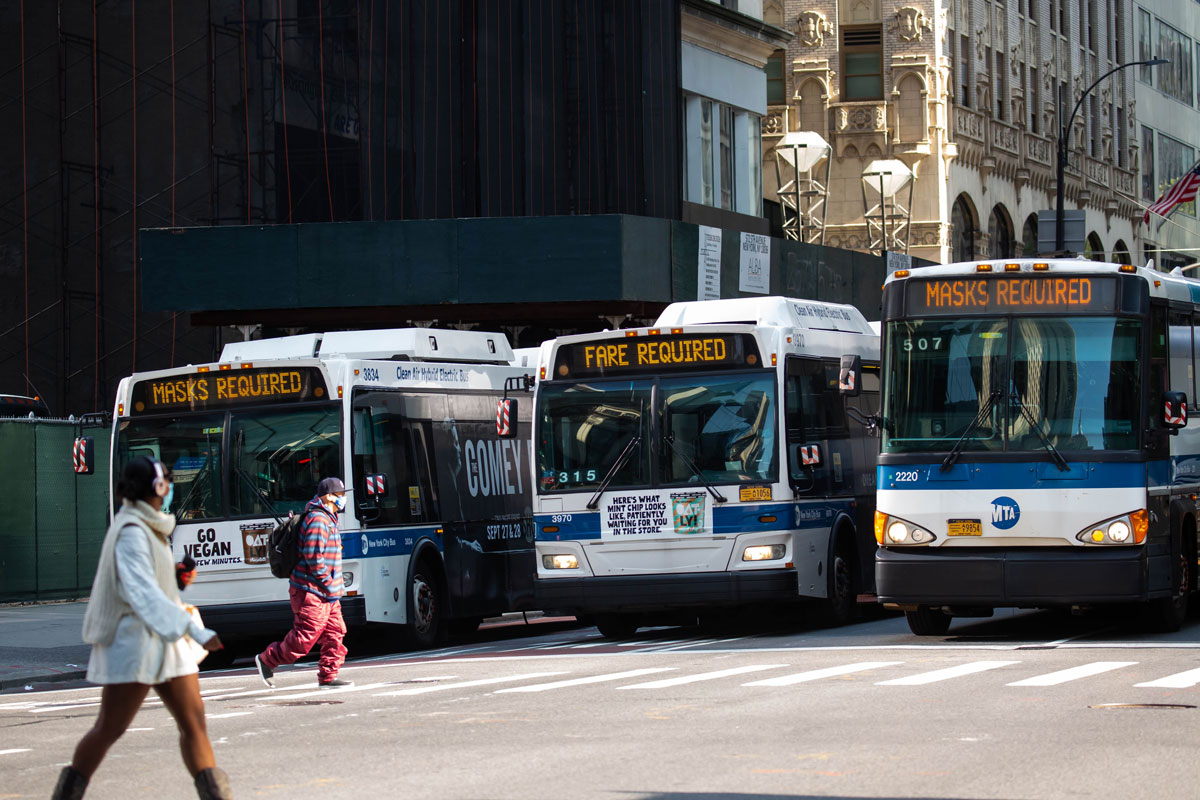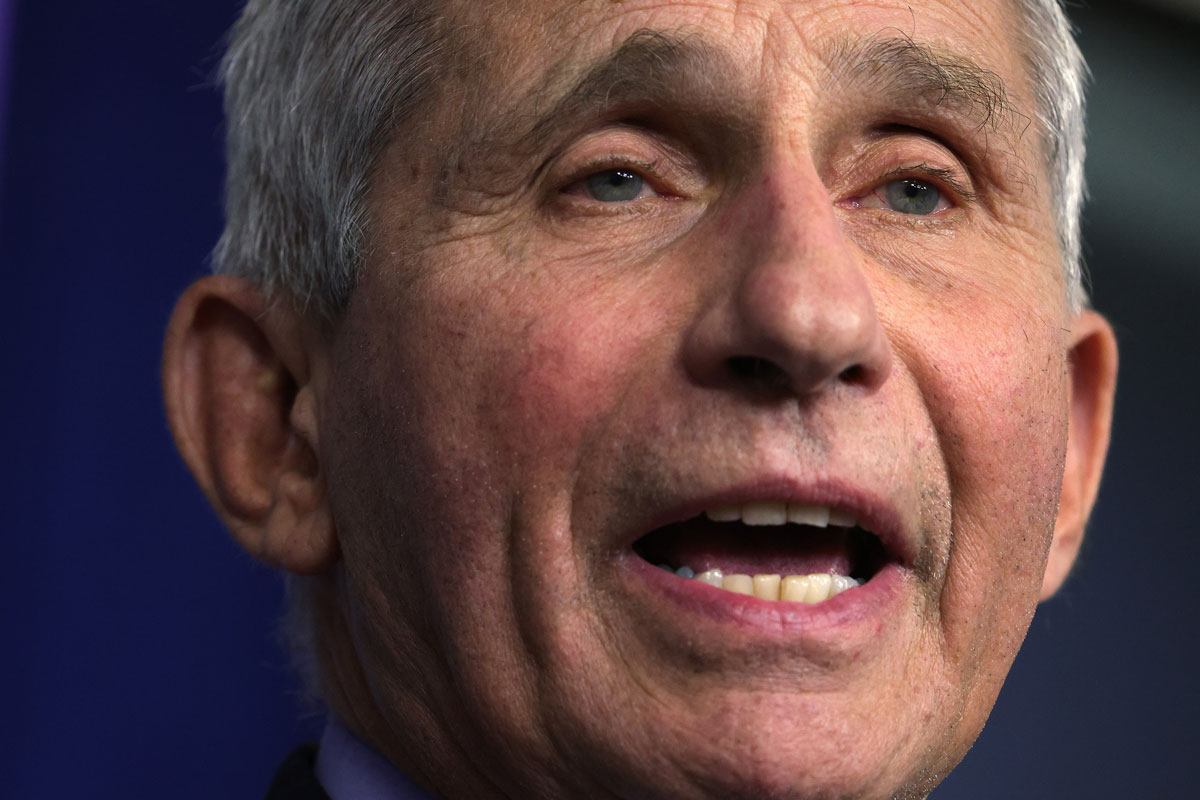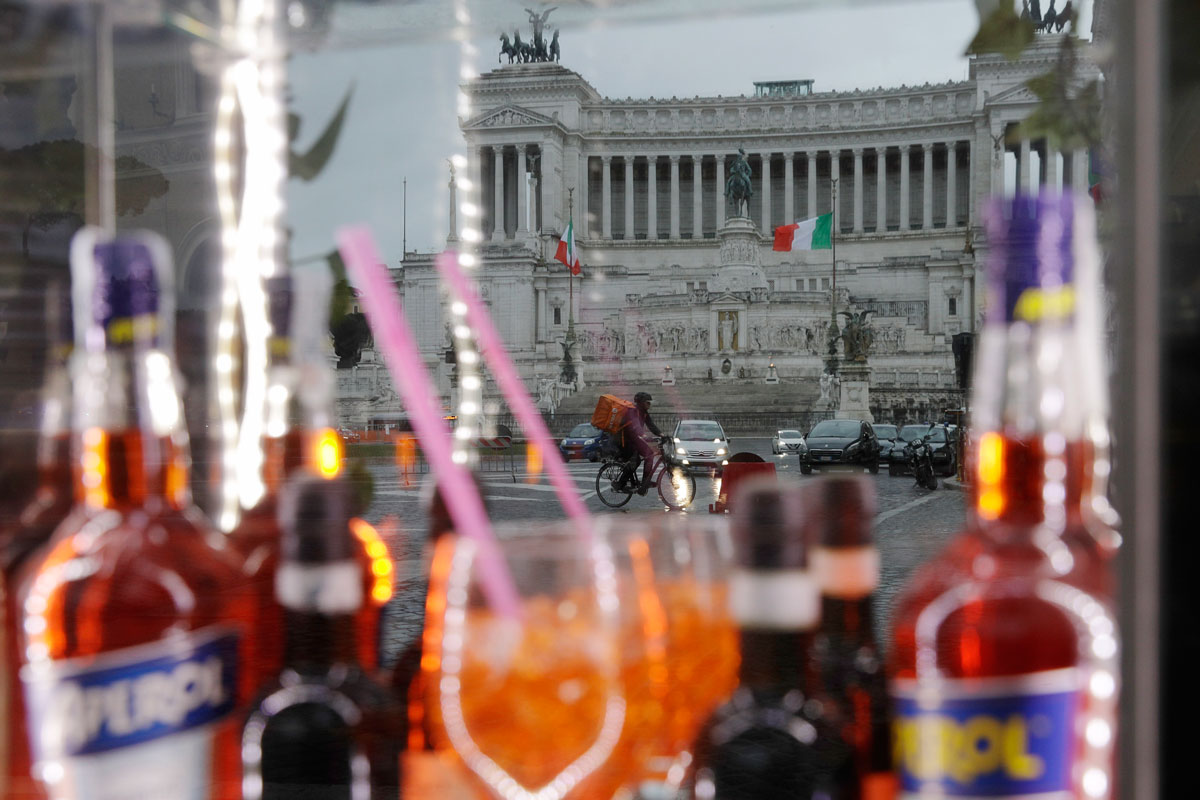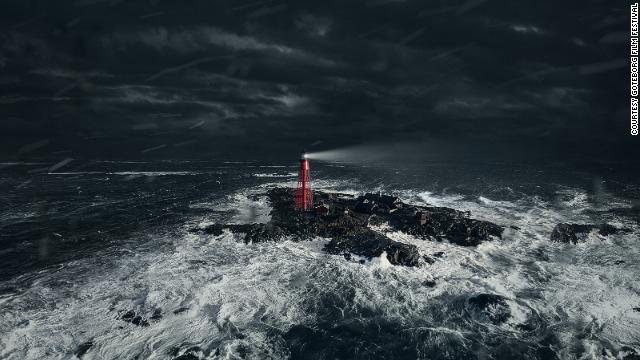
Sweden's Göteborg Film Festival has gone digital this year and chosen one lucky film enthusiast to experience its Isolated Cinema on a remote lighthouse island.
Emergency nurse Lisa Enroth will spend seven days in the cabin of Pater Noster Lighthouse on Hamneskär island, with only movies and the sea for company.
The festival reviewed more than 12,000 applicants from 45 countries before settling on the nurse who spent the last year on the front lines fighting the Covid-19 pandemic.
"Through my work in healthcare I seem to have spent ages listening, testing and consoling. I feel like I’m drained of energy," said Enroth in a statement. "The wind, the sea, the possibility of being part of a totally different kind of reality for a week – all this is really attractive."
Enroth, from Skövde, Sweden, won't be allowed a cellphone, a laptop, a book, or any other distractions from January 30 to February 6. She will create a daily video diary that will allow the world to watch her experience.
Like many recent film festivals, Göteborg will be virtual in the wake of the Covid-19 pandemic, but organizers decided to offer one festival-goer a totally different experience.
"And in these troubled times it feels particularly right to be able to give this unique experience to one of the many heroes of the healthcare system who are all working so hard against COVID-19,” said the chief executive of the festival, Mirja Wester.
The lighthouse was deactivated in recent years, and the lighthouse cabin was recently renovated by design agency Stylt, so Enroth will be able to relax in comfort and style.
CORRECTION: An earlier version of this post misstated the name of nurse Lisa Enroth.
